One of the most outlandish figures on television for over four decades, Rip Taylor was a comedian and occasional actor who parlayed a flamboyant attitude and buckets of confetti into a lengthy career on game shows, sitcoms, cartoons and in the occasional feature. Immediately recognizable for his bristling mustache, high-pitched yelps and high-energy presence, Taylor rose to fame as a comedian on variety shows throughout the 1960s and 1970s, but found his niche on over-the-top programs like "The Gong Show" (NBC/syndicated, 1976-1989) and "The $1.98 Beauty Show" (syndicated, 1978-1980), where his outsized persona was a perfect match for their gonzo premises.
Taylor remained remarkably relevant well into his seventh decade, which found him tossing confetti and bon mots in "Jackass" (2002), among other films. Proving that nothing succeeds like excess, Rip Taylor was among the most prolific and singularly unique comic figures in the entertainment business. Born Charles Elmer Taylor, Jr. on Jan. 13, 1934 in Washington, D.C., Rip Taylor was the son of musician Charles Elmer Taylor, and his wife, Elizabeth, a waitress.
After working as a congressional page in his teens, Taylor served in the United States Army before following his father into the entertainment business as a stand-up comic. While working his way from second-rate clubs and burlesque theaters, he discovered that the traditional comedy approach was not yielding much success. Taylor then hit upon the idea of a gimmick to set him apart from other jokesters, and developed a routine that would draw humor from a litany of complaints. He would punctuate each joke with an ear-splitting wail, earning him the moniker of "The Crying Comedian."
The addition of his trademark walrus mustache, oversized toupee and aggressively loud outfits completed his stage persona: a living parade float, complete with explosions of confetti and a blaring theme song of "Happy Days Are Here Again." The confetti toss made its debut in a 1969 appearance on "The Merv Griffin Show" (NBC/CBS/syndicated, 1962-63; 1965-1986), during which Taylor tore a script to bits and tossed them in the air. The reaction was so huge that all of Taylor's subsequent appearances were marked by fistfuls of confetti hurled at the audience as he made his entrance.
Taylor was a staple of most major talk and variety shows throughout the early 1960s and 1970s, and began landing acting parts in the early 1960s. Most traded on his unbridled persona to play small but eccentric roles, such as an evil wizard who hypnotized the population through television broadcasts on "The Monkees" (NBC, 1966-68). His braying voice and oversized personality made him a natural for animation and children's programming like "Here Comes the Grump" (NBC, 1969-1971), where he voiced the title character of a grumbling wizard, and the live-action "Sigmund and the Sea Monsters" (NBC, 1973-75) as a bumbling genie who lived in a sea conch.
Taylor also appeared in the surreal "Brady Bunch Hour" (ABC, 1976-77) as a neighbor of the oversized brood who often participated in their variety show sketches. However, his most prolific role was as himself, bringing frenetic laughs and gallons of confetti to programs like "The Gong Show," "Hollywood Squares" (NBC, 1966-1980, 1983-1984; syndicated, 1971-1981, 1986-89, 1998-2004) and "The Match Game" (NBC, 1962-69; CBS, 1973-78, 2006; ABC, 1990-91; syndicated, 1975-1982, 1998-99). He even hosted his own game show, the satirical "$1.98 Beauty Show," which awarded the title amount (in change) to one of six unlucky contestants.
Taylor's film output was significantly less prolific than his TV appearances, though not without its high points. He made his theatrical debut as an airline ticket agent in 1964's "I'd Rather Be Rich" (1964), a wan romantic comedy with Sandra Dee and Robert Goulet, but remained offscreen for over a decade until 1977's "Chatterbox," a sex comedy about a young woman with a singing vagina. More amusing were appearances as himself in "Things Are Tough All Over" (1982), where he appeared out of nowhere to rescue Cheech and Chong and reduced them to tears with his prop comedy, and the pop culture parody film "Amazon Women on the Moon" (1987), where he joined fellow comedy vets Steve Allen, Henny Youngman and Jackie Vernon in a funeral service that turned into a roast.
His oddest film performance was undoubtedly 1993's "Indecent Proposal," where he appeared sans toupee in a totally straight-faced turn as Demi Moore's flinty boss. Unlike many comedians in his age bracket, Taylor enjoyed a degree of popularity among younger audiences, who appreciated his larger-than-life persona and the fine line he tread between irreverence and self-parody. More often than not, he served as a walking sight gag in films like "Wayne's World 2" (1993) and on shows like "The Kids in the Hall" (CBC/NBC/HBO, 1988-1995). In one of the most unusual show business pairings of all time, he became affiliated with Johnny Knoxville and his "Jackass" cast mates by appearing in all three theatrical "Jackass" films (2002/2006/2010), as well as in the blooper reel for "The Dukes of Hazzard" (2005) with Knoxville.
Rip Taylor died on October 6, 2019 in Los Angeles following a seizure. He was 84.


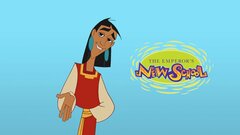
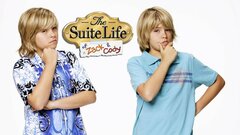



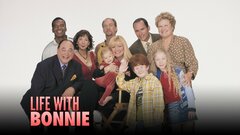


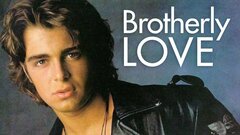
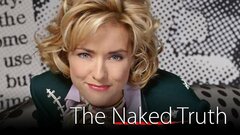
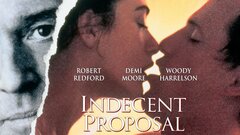
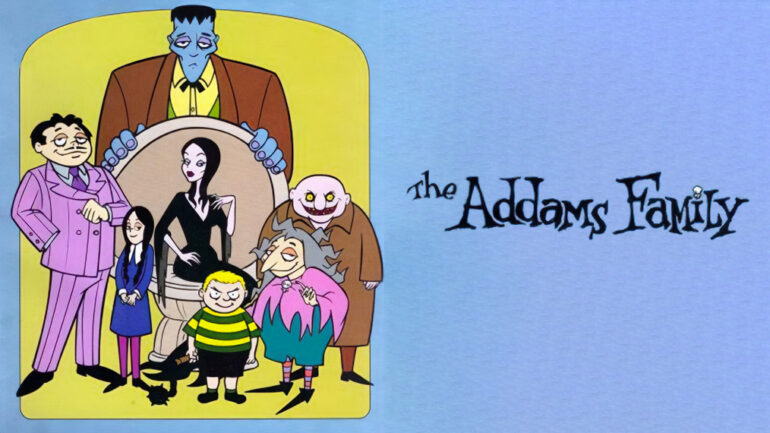






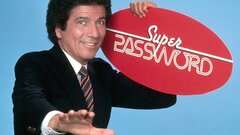
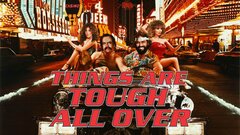
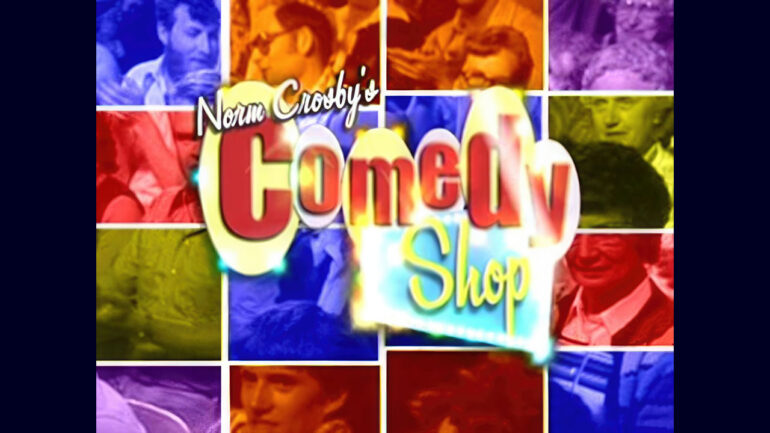


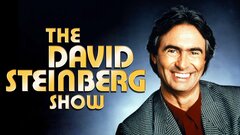
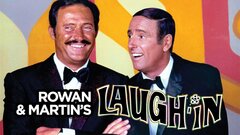




![Apr. 30, 2007 - Hollywood, California, U.S. - K52659DL.ACADEMY OF TELEVISION ARTS AND SCIENCES PRESENTS AN EVENING WITH UGLY BETTY AT LEONARD GOLDENSON THEATER,NORTH HOLLYWOOD CA. 4-30-07. - 2007.IMAGE: RIP TAYLOR(Credit Image: © Dave Longendyke/Globe Photos/ZUMAPRESS.com) (Newscom TagID: zumaglobalsix031380.jpg) [Photo via Newscom]](https://media.baselineresearch.com/images/1921770/1921770_small.jpg)





